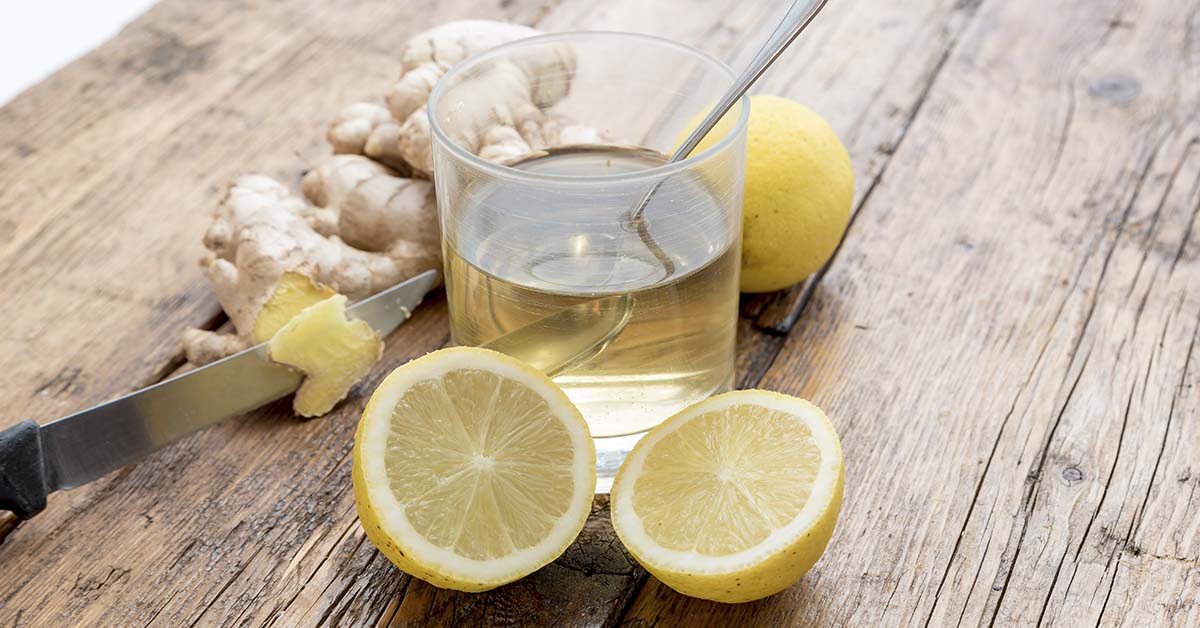Our liver is a very important organ in our bodies. It’s our liver’s job to process and get rid of toxins floating around in our bloodstream, create proteins and other products essential for the functioning of our bodies, and to store vital nutrients such as vitamins and minerals. Yeah, it does a lot. Without a well-functioning liver, our health goes south pretty quickly. Thankfully, there are plenty of foods you can eat and habits you can create that will support your liver health.
Foods To Eat For Liver Health
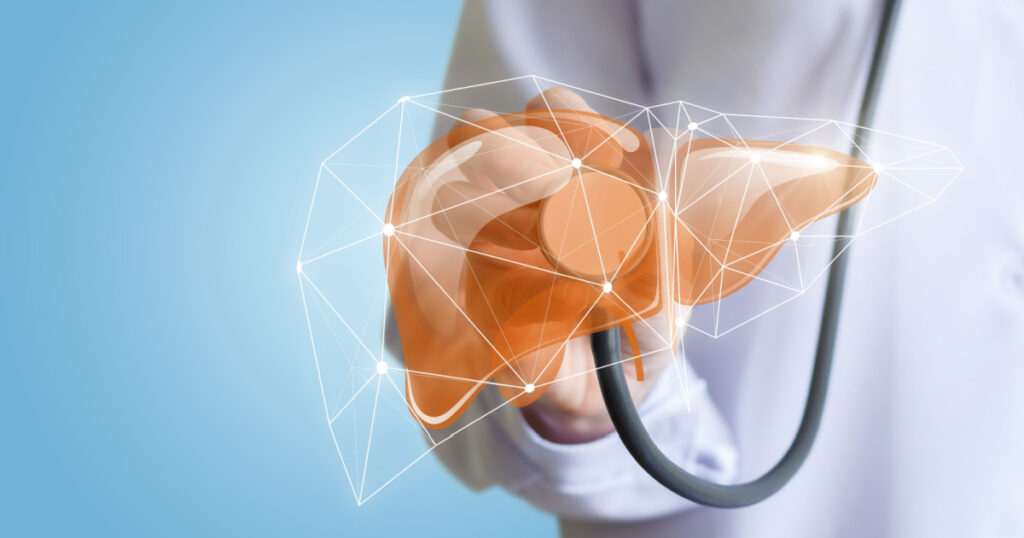
First of all, it is important that we state this clearly: One of your liver’s primary functions is to remove toxins from your body. For the most part, don’t fall for gimmicky products or diets that promise to do that for you or for your liver – they are misinformed at best and dangerous for your health at worst. Rather, to support liver health, all you really need to do is eat well, drink water, and just in general live a healthy lifestyle. That being said, there are certain foods that are particularly good for this highly important organ of ours. Include these as a regular part of your diet and you will optimize your liver health.
1. Cruciferous Vegetables
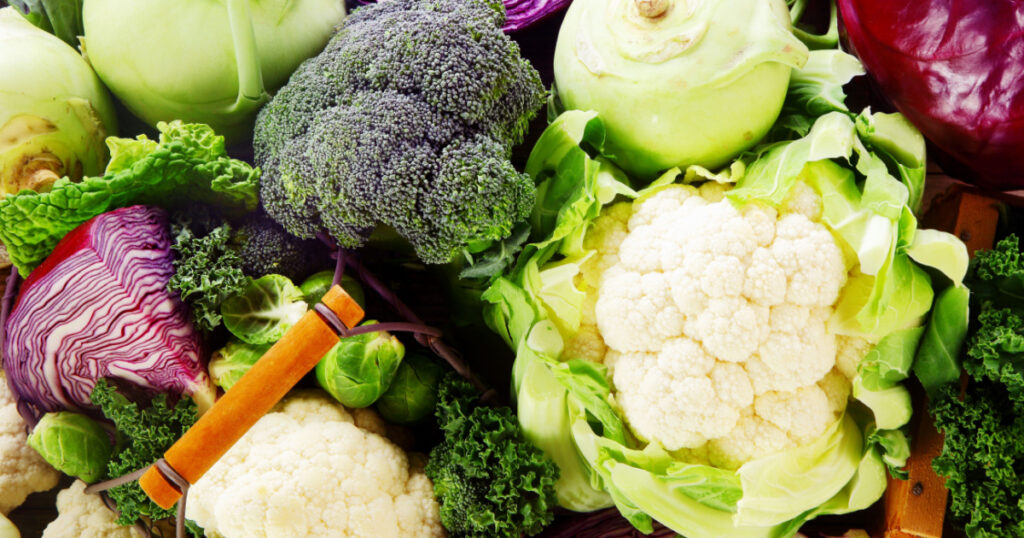
Cruciferous vegetables, such as broccoli, cauliflower, kale, and cabbage, are high in fiber. Fiber is highly necessary for the proper functioning of the liver. As a bonus, cruciferous vegetables also contain antioxidants and phytochemicals that may help to prevent liver cancer. Other cruciferous vegetables include brussels sprouts, mustard greens, arugula, and bok choy. (1) Cruciferous vegetables also contain other beneficial plant compounds. In animal studies, they have been shown to increase levels of detoxification enzymes in the liver (2). Human studies are limited, but overall it looks like cruciferous vegetables are promising for liver health.
2. Grapefruit
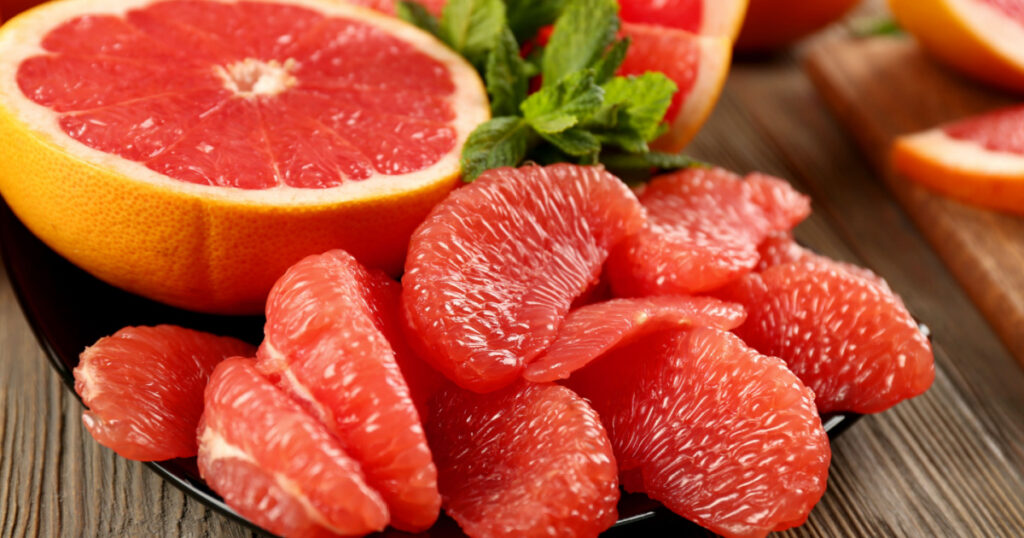
Grapefruit contains the antioxidants naringenin and naringin. Studies have shown that these two antioxidants help to protect the liver from damage. There have also been animal studies that suggest that they could help decrease liver fat in fatty liver patients, improve the liver’s ability to metabolize alcohol, and perhaps even counteract some of alcohol’s negative effects. (2) However, if you are taking any medications, you should consult with your doctor or pharmacist before consuming grapefruit. Some medications are contraindicated when taken with grapefruit.
Read: Autoimmune disease may be prevented by vitamin supplements, study finds
3. Berries
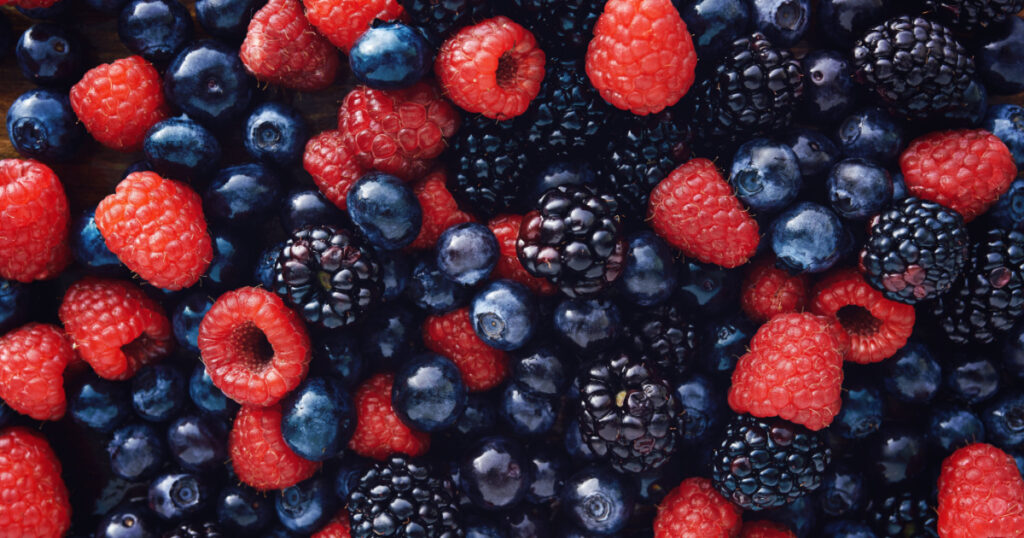
Berries are full of antioxidants to support various parts of the body and your health. For the liver, your two best berries are blueberries and cranberries. They contain anthocyanins, which are liver-protecting antioxidants. Both whole-berry and their juices have been shown to be effective. Other berries, such as strawberries and raspberries, are also excellent choices.
4. Coffee
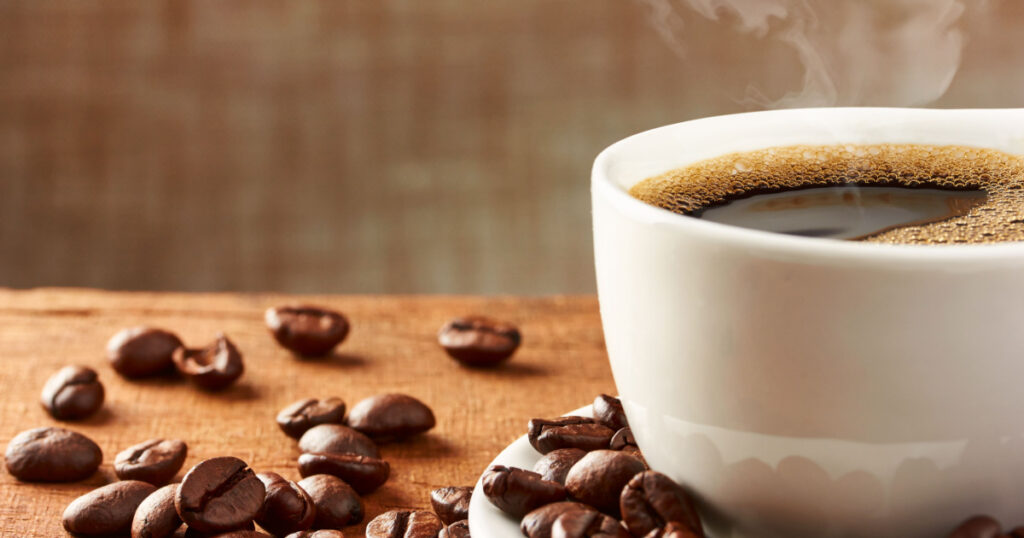
That’s right: Your good old morning cup a’ joe. Studies show that coffee helps to protect the liver against disease, both in healthy people and those who already are experiencing liver problems. It has been shown to decrease inflammation, prevent the build-up of fat and collagen, and increase the production of important antioxidants. It is important to note, however, that these benefits were seen in black coffee. Loading up your cup with cream and sugar will take away from the positive effects.
5. Tea

There are many different types of tea, all of which have benefits unique to them. Scientists have found that green tea is one that seems to have the most benefit to liver health, specifically. Studies have shown that those who regularly consume green tea are less likely to develop liver cancer. Black tea, too, has shown to improve the effects of a high-fat diet on the liver, specifically black tea extract. That being said, use caution and talk to your doctor before using any tea extracts, including black or green tea. They could end up having the opposite effect.
Read More: 5 Early Signs of Liver Damage You Should Look Out For
6. Nuts
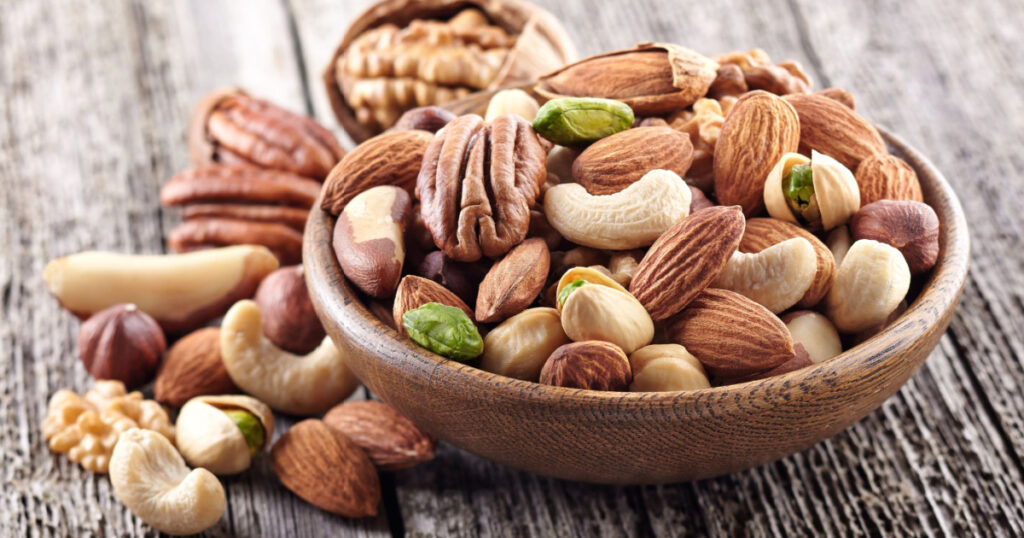
Nuts are high in healthy fats, beneficial plant compounds, and antioxidants such as vitamin E. Studies have found that diets higher in nuts, such as walnuts and almonds, reduce the risk of developing NAFLD (non-alcoholic fatty liver disease). Experts agree that there needs to be more research, however, knowing the benefits of nuts for other aspects of health, they certainly aren’t a bad addition to your regular diet.
7. Omega-3 Fatty Acids
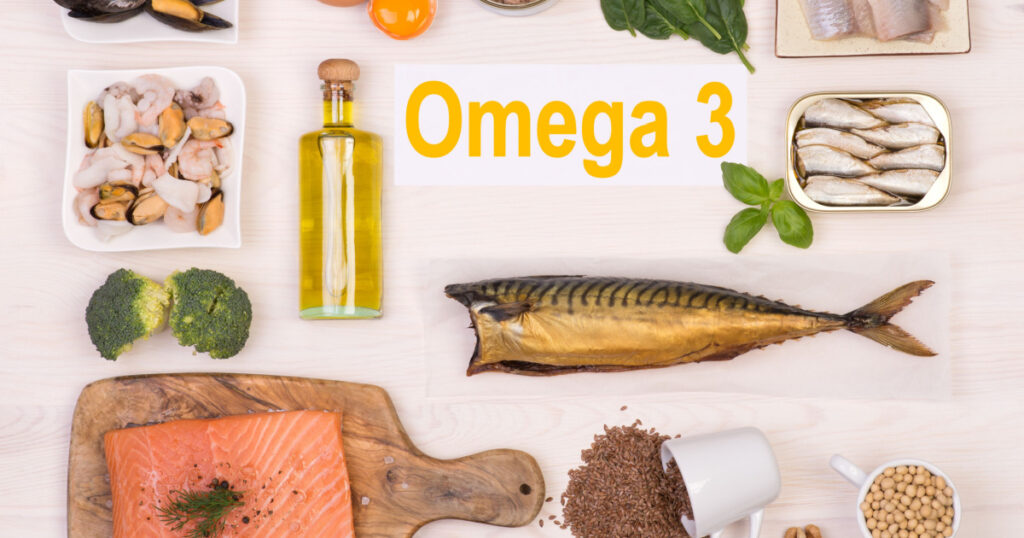
On that topic, foods that contain omega-3s, such as fatty fish like salmon and sardines, have proven to be superstars when it comes to liver health. Fatty fish contain omega-3s, which have proven to be beneficial to the liver health of both healthy people and those with NAFLD. What is equally, if not more important, however, is the balance between omega-6 fatty acids and omega-3s. Most people consume too many of the former, found in plant oils, and not enough of the latter.
8. Olive Oil
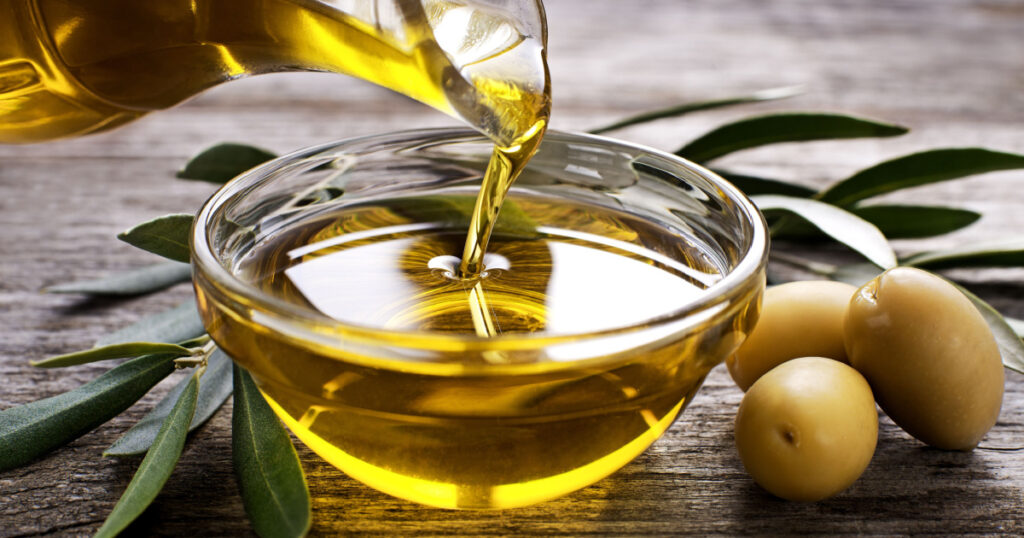
Scientists have found that olive oil has positive effects on many aspects of our health, including our liver. Studies on olive oil consumption in humans have shown that olive oil consumption reduces fat accumulation in the liver, improves insulin sensitivity, and improves blood levels of liver enzymes. On top of that, the oil has shown to improve outcomes for NAFLD patients.
Read More: Woman’s Grapefruit-Size ‘Liver Cancer’ Tumor was Actually a Giant Parasite
9. Ginger
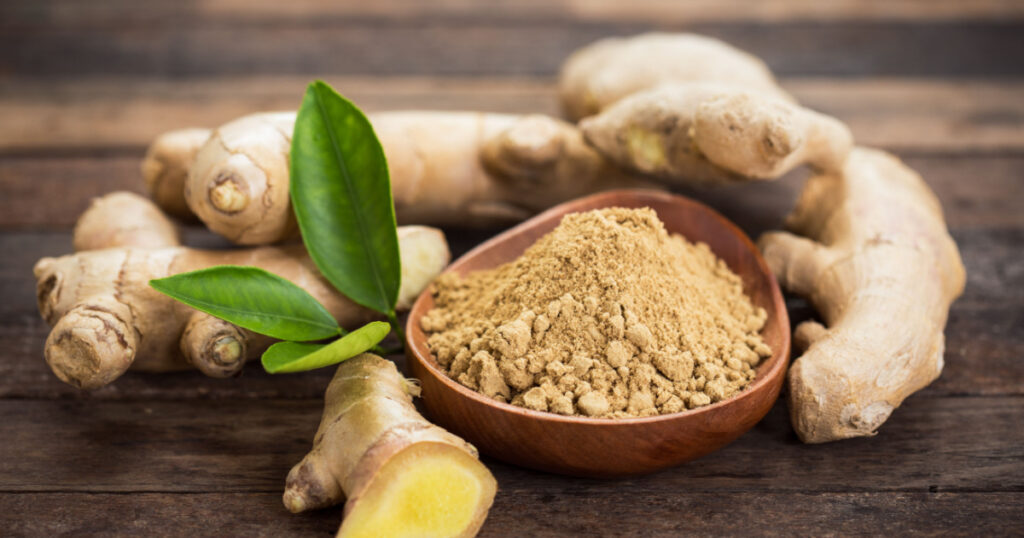
Ginger is a root that packs a punch – both in flavor and in health. Various cultures have used ginger in medicine for thousands of years for a variety of ailments. Studies have shown that ginger may help to improve outcomes for those with NAFLD. This is because it contains powerful compounds such as gingerols and shogaols that prevent inflammation and protect against cellular damage. Scientists have also found that ginger may help protect your liver from toxins, such as alcohol. Ginger is safe to incorporate into your daily routine, however, if you’re thinking of using a high-dose supplement, check with your doctor first. (5)
Foods To Avoid
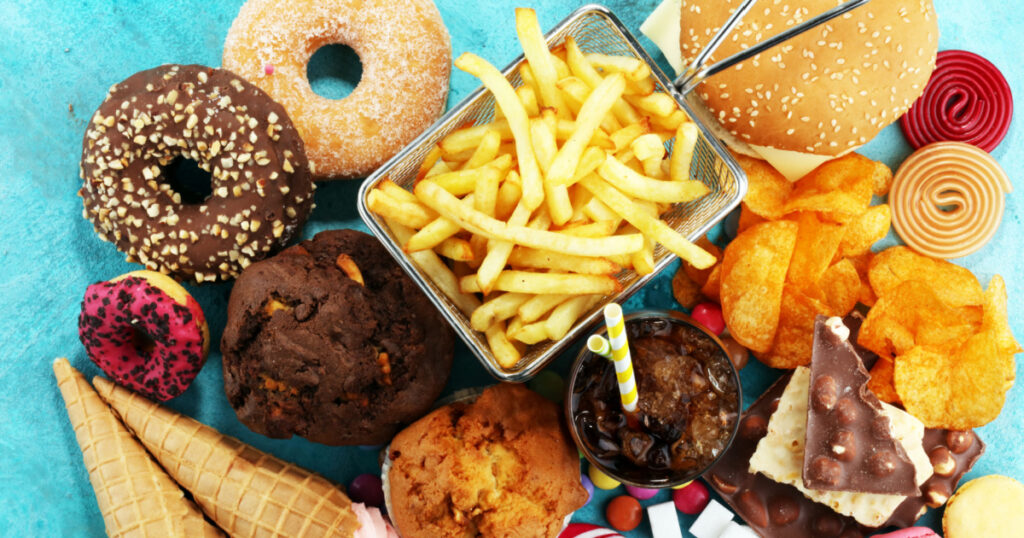
Liver health isn’t only about what you do or consume – it’s also about what you don’t, or at the very least, what you reduce. Fast food that is high in saturated fats, alcohol, high sugar foods, processed foods, red meats, and a high-sodium diet all have a negative effect on liver health. While we aren’t going to say you should never consume these things, we do suggest you don’t make them a regular part of your diet. (3)
Think 80/20: 80% of the time, you should eat a diet rich in whole, unprocessed foods which consists of many of the foods listed above. The other 20% of the time, feel free to enjoy the things you like – just don’t go overboard. Finally, be sure to drink plenty of water. The liver functions far better when it is hydrated. You will know that you’re adequately hydrated when your urine is a pale yellow color. If it is clear, you’re drinking too much, and if it is dark you’re not drinking enough.
Keep Reading: Be Ready for Winter: Make Instant Pot Elderberry Syrup In 20 Minutes
Sources
- “8 Foods to Eat for a Healthy Liver.” Good RX. Cara Rosenbloom. August 18, 2022.
- “Induction of detoxification enzymes by feeding unblanched Brussels sprouts containing active myrosinase to mice for 2 wk” Journal Food Science. August 2010.
- “11 Foods That Are Good for Your Liver.” Healthline. Taylor Jones, RD. September 29, 2021
- “Best and Worst Foods for Your Liver, according to a Dietitian.” Eating Well. Toby Amidor, M.S., RD, C.D.N., F.A.N.D. September 16, 2021.
- “The 10 Best Herbs for Liver Health: Benefits and Precautions.” Healthline. Jillian Kubala, MS, RD. December 14, 2020.
